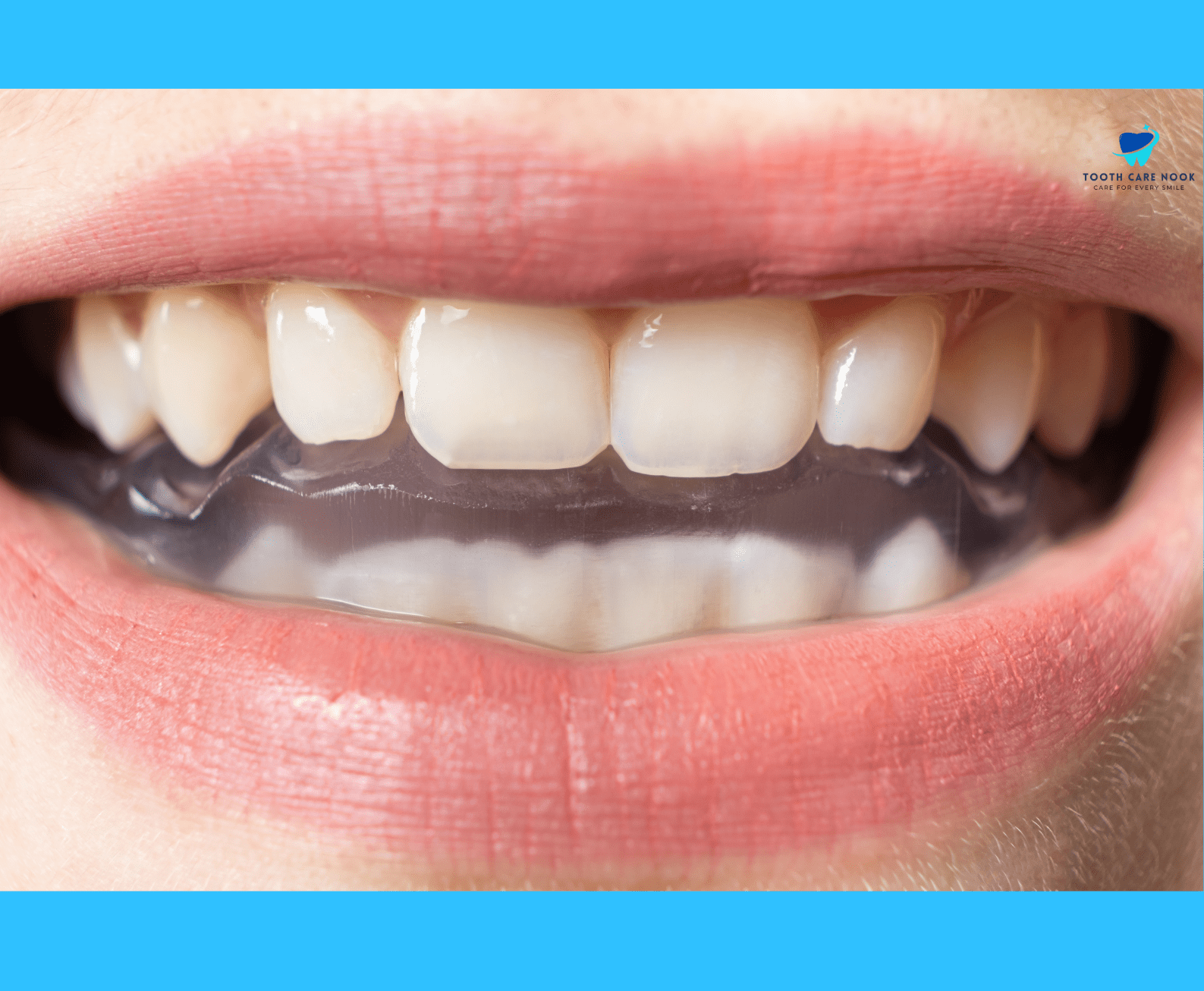How Strong Are Dental Implants?
Dental implants are not just a cosmetic fix, they’re powerhouse replacements for your missing teeth. Their strength and resilience empower you to enjoy your favorite foods without restrictions. They also foster confidence and comfort in daily activities and social interactions.
You can confidently consume hard foods like apples, corn-on-the-cob, carrots, and various other options without concern for discomfort or instability. This strength and stability contribute to improved oral function and overall quality of life for individuals who have undergone dental implant treatment.
Dental implants are recognized for their exceptional strength and durability. They provide patients with a reliable, strong, and long-lasting solution for replacing missing teeth.
What Material Are Implants Made Of?
Dental implants are primarily made of titanium or titanium alloys. Titanium is widely favored due to its exceptional biocompatibility, strength, and durability. These properties make it an ideal material for dental implant construction.
Titanium implants are crafted in the form of small screws or posts that are surgically placed into the jawbone. Over time, the bone fuses with the implant which creates a sturdy foundation for prosthetic teeth.
In some cases, dental implants may also incorporate other materials, such as zirconia, which offer alternative options for patients with specific preferences or needs. However, titanium remains the most widely used and trusted material for dental implantation in the United States which provides patients with reliable and long-lasting solutions for tooth replacement.
Are Dental Implants as Strong as Real Teeth?
Dental implants are even stronger than real teeth. Dental implants provide comparable strength and stability to natural teeth when properly integrated with the jawbone through osseointegration. This allows individuals to enjoy a level of functionality similar to that of their original teeth.
Natural teeth exhibit a slight movement that allows them to absorb forces and adapt to varying pressures. However, dental implants differ in this aspect as they are securely anchored within the jawbone and offer a fixed and stable foundation. This lack of mobility contributes to their strength compared to natural teeth.
Are Dental Implants Stronger than Crowns?
Yes, dental implants are generally stronger than crowns. crowns are also durable and can withstand normal biting and chewing forces, they rely on the underlying tooth structure or implant for support. Dental implants, being anchored directly into the jawbone, often offer greater strength and longevity compared to crowns alone.
Crowns are made up of materials like porcelain or gold and typically have a lifespan of 10 to 15 years with proper maintenance. While dental implants with a 97% success rate can last for up to 25 years, they are often considered a near-permanent solution.
Under What Conditions Implants Break?
Excessive Force:
Implants can break if subjected to excessive biting or chewing forces, especially if used to bite down on hard objects like ice, pens, or nuts.
Poor Osseointegration:
Implant breakage can occur over time if the implant is not integrated enough with the jawbone.
Poor Oral Hygiene:
Not doing proper oral care can lead to gum disease and peri-implantitis, which weaken the bone supporting the implant and potentially lead to implant failure or fracture.
Bruxism:
Bruxism can exert excessive pressure on implants and lead to wear and potential fractures over time.
Trauma:
Accidents or any physical trauma to your face or mouth can cause damage to dental implants, resulting in fractures or dislodgement.

Do Dental Implants Decay?
No, dental implants do not decay in the same manner as natural teeth. Dental implants do not decay but the surrounding tissues can be vulnerable to issues like peri-implantitis if proper care is not taken. Regular maintenance and good oral hygiene are essential for the long-term success of dental implants.

